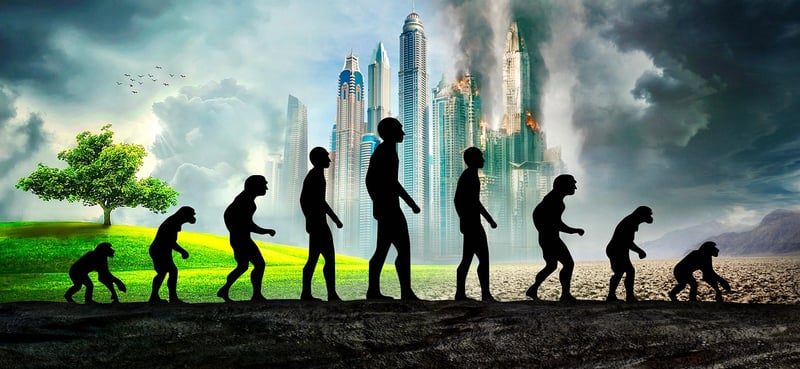Technology Evolution
The Evolution of Time Travel Technology
Time travel has long been a fascinating concept in science fiction, captivating the minds of many with the possibility of journeying through different eras and altering the course of history. While time travel remains a theoretical concept, technological advancements have brought us closer to understanding the nature of time and the potential for manipulating it. Let's explore the evolution of time travel technology and how it has captured the imagination of scientists and enthusiasts alike.
1. Theoretical Foundations
Time travel as a concept has been explored in various fields, including physics and philosophy. The idea of moving backward or forward in time has raised intriguing questions about causality, paradoxes, and the nature of reality. Visionaries like Albert Einstein and Stephen Hawking have contributed to our understanding of time through their work on relativity and spacetime.
2. Time Machines in Popular Culture
Time travel has been a popular theme in movies, TV shows, and literature for decades. Iconic works like H.G. Wells' "The Time Machine" and movies like "Back to the Future" have captured the public's imagination and sparked discussions about the possibilities and consequences of time travel. These creative interpretations have inspired scientific research and experimentation in the field.
3. Quantum Mechanics and Wormholes
Recent advancements in quantum mechanics have opened up new possibilities for understanding the fabric of spacetime. Concepts like wormholes, black holes, and quantum entanglement have sparked interest in the scientific community as potential avenues for traversing time and space. While the practicality of these ideas remains uncertain, they offer intriguing insights into the nature of the universe.
4. Chronology Protection Conjecture
Proposed by Stephen Hawking, the Chronology Protection Conjecture suggests that the laws of physics prevent time travel on a macroscopic scale to maintain causality and prevent paradoxes. This concept has led researchers to explore the constraints and possibilities of time travel within the framework of known physical laws.
5. Time Travel Experiments
Scientists have conducted various experiments to investigate the feasibility of time travel, such as studying the effects of high-speed travel on time dilation or exploring the behavior of particles at the quantum level. While these experiments have yet to achieve practical time travel, they have deepened our understanding of the complex relationship between time and space.
Conclusion
Although time travel technology remains a distant dream, the ongoing exploration of theoretical concepts and scientific advancements continues to push the boundaries of our understanding. As we delve deeper into the mysteries of the universe, who knows what discoveries the future may hold for the possibility of journeying through time.

Image Source: Pixabay
